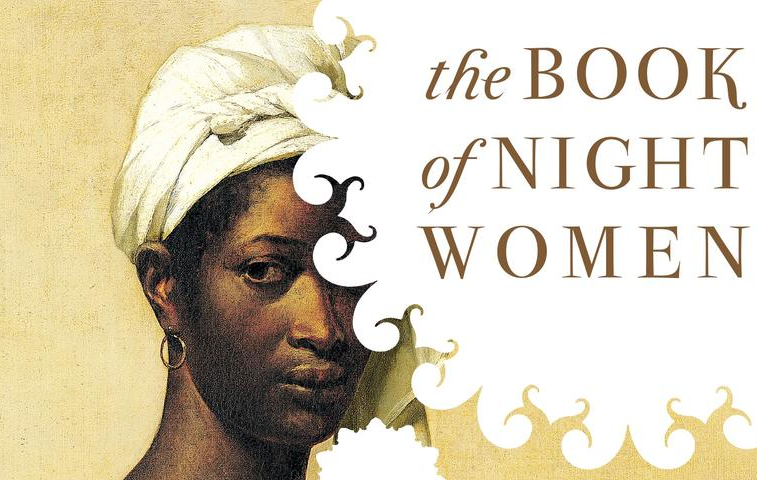
The Book of Night Women: The history education that you never got in school
Abena Taylor-Smith
12 Oct 2017
The Book of Night Women is Marlon’s James’ second novel, published in 2009, six years before he would win the Man Booker prize for A Brief History of Seven Killings.
Set in Jamaica at the turn of the nineteenth century, it tells the story of Lilith, a 15-year-old slave girl born on Montpelier Estate and her uneasy introduction to an underground sisterhood plotting an ambitious rebellion. It is an astonishing read: an epic, historical revenge-thriller and head-fuck-romance. If you feel like you didn’t cover slavery in adequate detail at school and aren’t inclined to sit down with a history textbook, this is for you.
Like Tarantino’s movies, it’s hard not to mention violence in James’ work, simply because there is so much of it. However, James is infinitely more successful at treading the line between depicting a racist, misogynistic era and producing racist, misogynistic work. That is, he doesn’t do the latter. There are frequent, vivid descriptions of mutilations by axe and cutlass, beatings with “cat-o’-nine, the whip, the cane and the blackjack”, and other sickeningly inventive forms of torture. These are written largely in patois and taken straight from the annals of history. Although these incidents permeate the book, they never seem gratuitous because the lives of James’ characters, both black and white, are steeped in blood and violence.
“One of the things I love about James’ work is that his female characters are complex and surprising. Here is a writer who cares about the lives of women.”
There is no solidarity for the slaves on the plantation, not even amongst kin. The “house slaves” look down on the “field niggers” who resent the house slaves right back. The two groups are only united in their contempt for the slave-driving “Johnny-jumpers” and the Maroons, the runaways who successfully evaded recapture and set up their own secret villages but would hunt down other runaways and sell them back into slavery. The atmosphere at Montpelier is full of terror, dread and mistrust. It’s another side to the history taught in UK curricula where, if slavery is mentioned at all, prominence is given to white abolitionists, shipping routes and a sudden societal change of heart.
One of the things I love about James’ work is that his female characters are complex and surprising. Here is a writer who cares about the lives of women. Although we are told the story by an omniscient narrator, we still see most of the events from Lilith’s point of view. As a child, Lilith is vain, naïve and lonely. The other slaves fear her “green eyes that light up the room” but she sees them as a symbol of her beauty and superiority. For this, and her innate sense of self-worth, both slaves and masters think of her as an “uppity nigger”. However, we see her grow into “true darkness and true womanness” despite constant attempts to “cut her down a notch”. Even the smaller characters are fully rounded, with backstories, friends and opportunities to grow throughout the novel. I felt like I’d miss something if I took a break from reading.
“It’s beautifully and thrillingly written, a page-turner full of insights that made me read whole paragraphs twice.”
James is in command of many different writing styles and voices: the cut-glass accents of British aristocrats; the Jamaican patois of the slaves born on the island and the laddish banter between the young white “Massas”, delighted at the lack of consequences in their apparent paradise.
Full disclosure: The Book of Night Women is a harrowing read. Brutal and violent just like the era it depicts. I recently overheard another WOC saying that this book “broke [her] in half”. It could easily be triggering for some readers but due to the subject matter, I would find it more disturbing if it was written as light entertainment or to lionise a white saviour.
It’s beautifully and thrillingly written, a page-turner full of insights that made me read whole paragraphs twice. This is the kind of book that leaves your mouth dry and your heart racing. There were times when I held my breath and put it down because I couldn’t bear to read any more, only to pick it up seconds later because I needed to find out what happened next. Now that’s a great story. For anyone who enjoys a challenge and wants to read masterful writing while learning more about a history that schools would rather not teach us, The Book of Night Women is essential.









